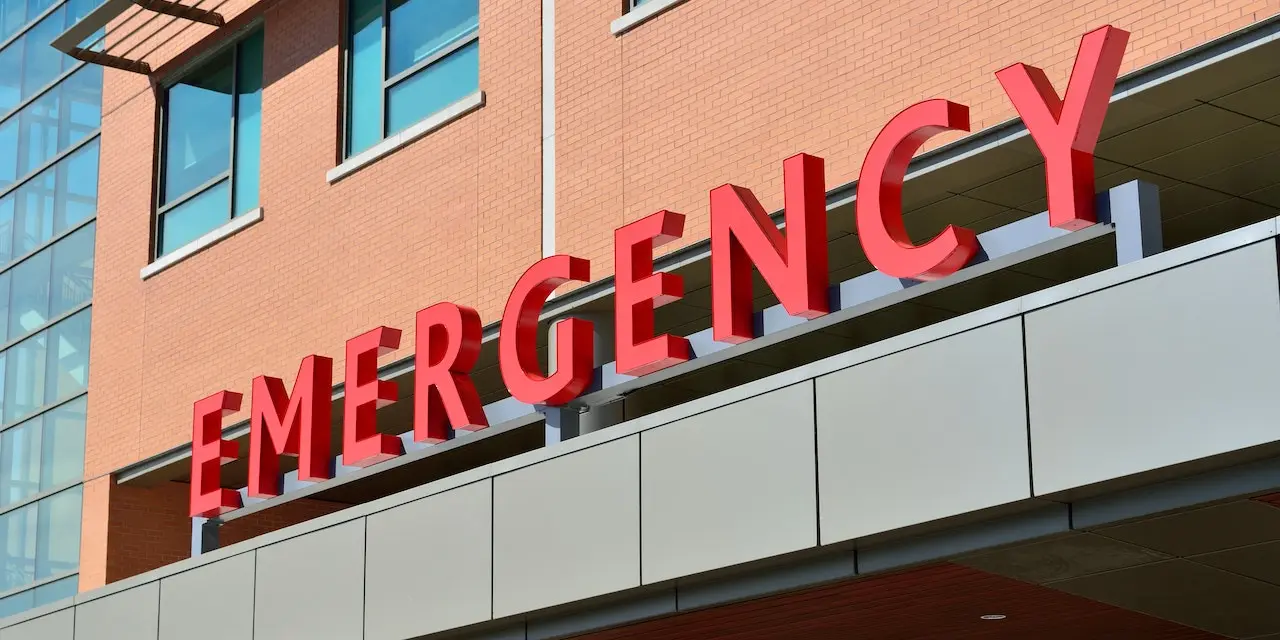
Statement on the fifteenth meeting of the IHR (2005) Emergency Committee on the COVID-19 pandemic
The WHO Director-General has the pleasure of transmitting the Report of the fifteenth meeting of the International Health Regulations (2005) (IHR) Emergency Committee regarding the coronavirus 2019 disease (COVID-19) pandemic, held on Thursday 4 May 2023, from 12:00 to 17:00 CET.
During the deliberative session, the Committee members highlighted the decreasing trend in COVID-19 deaths, the decline in COVID-19 related hospitalizations and intensive care unit admissions, and the high levels of population immunity to SARS-CoV-2. The Committee’s position has been evolving over the last several months. While acknowledging the remaining uncertainties posted by potential evolution of SARS-CoV-2, they advised that it is time to transition to long-term management of the COVID-19 pandemic.
The WHO Director-General concurs with the advice offered by the Committee regarding the ongoing COVID-19 pandemic. He determines that COVID-19 is now an established and ongoing health issue which no longer constitutes a public health emergency of international concern (PHEIC).
The WHO Director-General considered the advice provided by the Committee regarding the proposed Temporary Recommendations and issued them as per the below statement. The WHO Director-General will convene an IHR Review Committee to advise on Standing Recommendations for the long-term management of the SARS-CoV-2 pandemic, taking into account the 2023-2025 COVID-19 Strategic Preparedness and Response Plan. During this transition, States Parties are advised to continue following the issued Temporary Recommendations. The Director-General expressed his sincere gratitude to the Chair, the Members, and the Advisors of the Committee for their engagement and advice during the last three years.
===
Proceedings of the meeting
The WHO Director-General, Dr Tedros Adhanom Ghebreyesus, welcomed Members and Advisors of the Emergency Committee, who were convened by videoconference. He noted that the number of weekly reported deaths and hospitalizations continue to decrease, but expressed concern that surveillance reporting to WHO has declined significantly, that there continues to be inequitable access to life-saving interventions, and that pandemic fatigue continues to grow. The Director-General announced the publication of the 2023-2025 COVID-19 Strategic Preparedness and Response Plan which is designed to guide countries in transitioning to long-term management of COVID-19. This plan outlines important actions for countries to consider for five areas: collaborative surveillance, community protection, safe and scalable care, access to countermeasures, and emergency coordination. The Director-General thanked Professor Houssin for his leadership in guiding the Committee over the last three years and each of the Committee Members and Advisors for their expertise, dedication, and commitment.
The Office of Legal Counsel’s representative briefed the Committee Members and Advisors on their roles, responsibilities, and mandate under the relevant articles of the IHR. The Ethics Officer from the Department of Compliance, Risk Management, and Ethics reminded Members and Advisers of their duty of confidentiality as to the meeting discussions and the work of the Committee, as well as their individual responsibility to disclose to WHO in a timely manner any interests of a personal, professional, financial, intellectual, or commercial nature that may give rise to a perceived or direct conflict of interest. No conflicts of interest for the attending Members and Advisors were identified.
The Chair of the Emergency Committee, Professor Didier Houssin, introduced the objectives of the meeting: to provide views to the WHO Director-General on whether the COVID-19 pandemic continues to constitute a PHEIC and to review Temporary Recommendations to States Parties.
While the global risk assessment remains high, there is evidence of reducing risks to human health driven mainly by high population-level immunity from infection, vaccination, or both; consistent virulence of currently circulating SARS-CoV-2 Omicron sub-lineages compared to previously circulating Omicron sub-lineages; and improved clinical case management. These factors have contributed to a significant global decline in the weekly number of COVID-19 related deaths, hospitalizations, and admissions to intensive care units since the beginning of the pandemic. While SARS-CoV-2 continues to evolve, the currently circulating variants do not appear to be associated with increased severity.
WHO provided updates on the status of global vaccination and considerations of implications for the potential termination of a PHEIC. The Committee was informed that, globally, 13.3 billion doses of COVID-19 vaccines have been administered. Currently, 89% of health workers and 82% of adults over 60 years have completed the primary series (the initial one or two doses recommended as per the vaccine schedule), although coverage in these priority groups varies in different regions.
As requested by the Committee, the WHO Secretariat provided overviews of the status of integration of COVID-19 surveillance into the Global Influenza Surveillance and Response System and opportunities to streamline this; the process for issuing Standing Recommendations under the IHR; and the potential regulatory implications for Emergency Use Listed (EUL) when a PHEIC is terminated. As the Director-General will continue to authorize the use of EUL procedure, the termination of the PHEIC should not affect access to vaccines and diagnostics that have already received an EUL. States Parties will still be able to access these vaccines and diagnostics (provided the manufacturers continue production). COVAX will also continue to provide funded doses and delivery support throughout 2023 in line with demand. This continuity can enable a smooth transition from EUL to prequalification of vaccines and diagnostics. As the large majority of therapeutics used to treat COVID-19 are repurposed medicines already licensed for other indications, the termination of a PHEIC should not affect their regulatory status.
Deliberative Session on the Status of the PHEIC
The Committee considered the three criteria of a PHEIC: whether COVID-19 continues to constitute 1) an extraordinary event, 2) a public health risk to other States through the international spread, and 3) potentially requires a coordinated international response. They discussed the current status of the COVID-19 pandemic. They acknowledged that, although SARS-CoV-2 has been and will continue circulating widely and evolving, it is no longer an unusual or unexpected event. The Committee recognized that the Director-General may decide to convene an IHR Emergency Committee on COVID-19 in the future if the situation requires.
The COVID-19 PHEIC has prompted countries to enhance their functional capacities, particularly related to emergency coordination, collaborative surveillance, clinical care, and risk communications and communication engagement. The world has made significant and impressive global progress since the declaration of the PHEIC in January 2020. Reaching the point where COVID-19 can be considered as no longer constituting a PHEIC should be seen as accolade to international coordination and commitment to global health.
As it has during past meetings, the Committee deliberated the potential benefits and issues posed by maintaining the PHEIC. While the PHEIC has been a valuable instrument to support the global response to COVID-19, the Committee agreed that the time is right to move towards the long-term management of SARS-CoV-2 as an ongoing health issue.
Moving forward, the Committee suggested that the Director-General consider convening an IHR Review Committee to advise on Standing Recommendations to for long-term risks posed by SARS-CoV-2 taking into account the 2023-2025 COVID-19 Strategic Preparedness and Response Plan. At the same time, the Committee recognized that Member States are currently negotiating the Pandemic Prevention, Preparedness, and Response Accord, discussing amendments to the IHR, and considering the ten proposals to build a safer world together by strengthening the Global Architecture for Health Emergency Preparedness, Response, and Resilience (HEPR).
They thanked the WHO Secretariat and States Parties for their sustained commitment and technical expertise, and emphasized that this is not the time to stop work or dismantle systems. The Committee stressed that it will be critical to address the gaps recognised during the pandemic. They highlighted the need to strengthen health systems, continue active risk communications and community engagement, implement a One Health approach to preparedness and response, and integrate COVID-19 surveillance and response activities into routine health programmes. The Committee advocated that WHO, partners, and States Parties dedicate sustained attention and resources to preparedness and resilience for emerging threats.
Source link:https://www.who.int/





